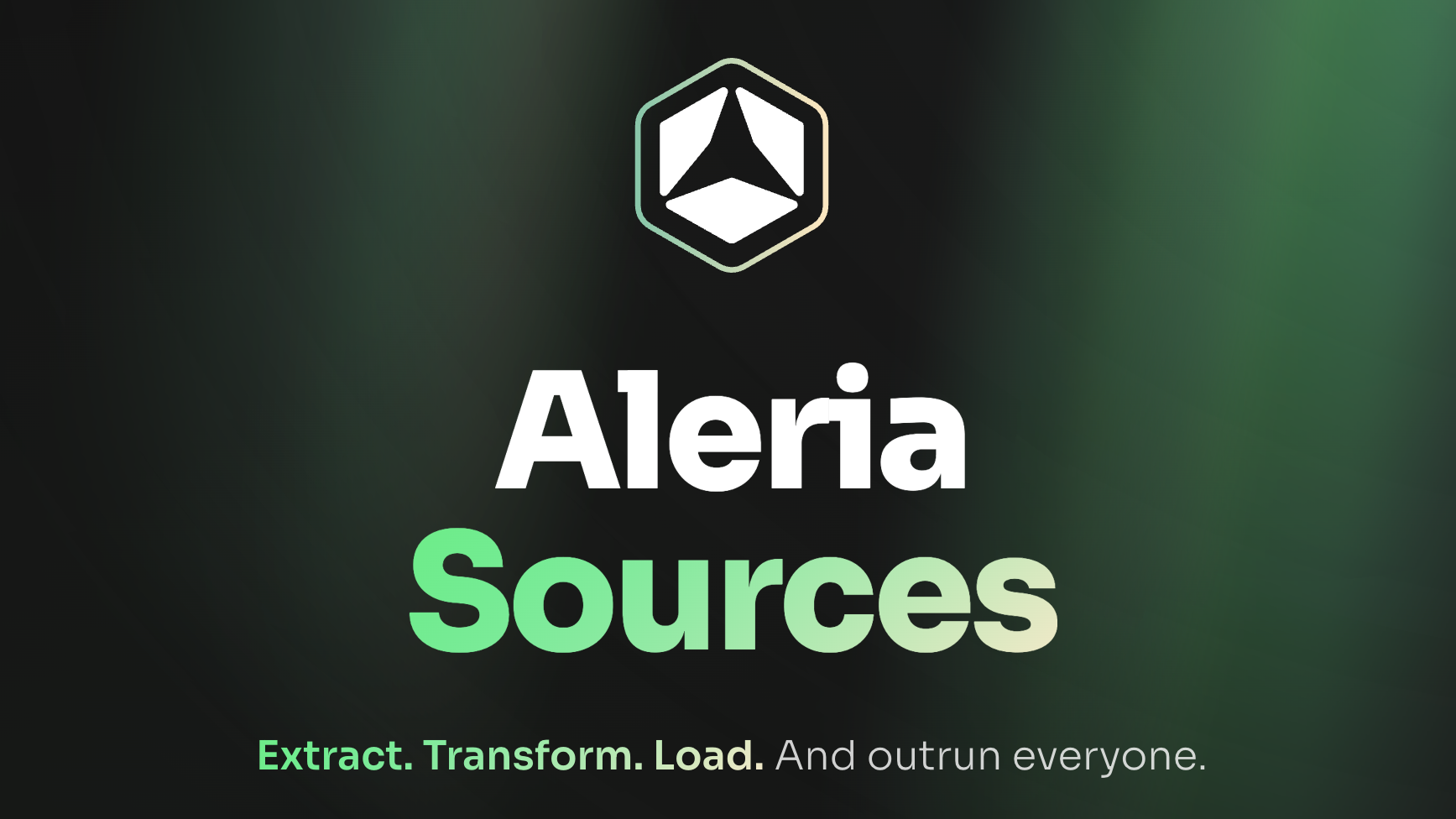How UAE's Aleria AI is Democratizing Corporate Decision-Making Through Ethical Technology
The UAE's Aleria AI is revolutionizing corporate decision-making by combining cutting-edge technology with ethical governance principles. This innovative system demonstrates how artificial intelligence can enhance business efficiency while promoting transparency and social responsibility, setting new standards for responsible AI deployment in the corporate world.

Aleria AI system interface showcasing transparent decision-making processes
Bridging Technology and Social Responsibility in Enterprise AI
In an era where artificial intelligence often raises concerns about transparency and corporate responsibility, the United Arab Emirates is demonstrating how AI can be leveraged for more inclusive and ethical business practices. Aleria, developed within the IHC ecosystem, represents a significant step toward democratizing corporate decision-making while maintaining data sovereignty.
Unlike conventional AI systems that prioritize flashy demonstrations over practical utility, Aleria focuses on tangible improvements in corporate governance and operational efficiency. This approach aligns with growing demands for more transparent and socially responsible business practices.
Data Sovereignty and Ethical AI Infrastructure
At the heart of Aleria's innovation is its commitment to data sovereignty and ethical AI deployment. Through Aleria Sources, the platform processes data locally, ensuring privacy and security while delivering impressive performance improvements. This ethical approach to data handling sets a new standard for responsible AI implementation in the corporate world.
Democratizing Executive Decision-Making
Aleria's suite of AI modules represents a significant step toward more inclusive corporate governance. The system includes:
- Board Advisor (Aiden Insight): Enhancing transparency in boardroom decisions
- Finance AI: Democratizing access to financial insights
- Legal AI: Making legal compliance more accessible
- HR AI: Promoting fair and unbiased hiring practices
- Procurement AI: Ensuring transparent supplier selection
- Sales/Marketing AI: Ethical market analysis
- Compliance & Safety AI: Protecting stakeholder interests
Real-World Impact on Corporate Responsibility
The implementation of Aleria across various organizations demonstrates its potential for fostering more equitable business practices. At Multiply Group, the AI system actively challenges decisions, promoting more balanced corporate governance. Meanwhile, at the Zayed Foundation, it helps optimize humanitarian resource allocation, showing how AI can serve social good.
The system's adoption by major organizations like Etisalat (e&) and ADAA showcases how technological innovation can enhance both efficiency and social responsibility in corporate operations.
Building a Framework for Responsible Innovation
Under the leadership of Sheikh Tahnoon bin Zayed, IHC is demonstrating that technological advancement and social responsibility can coexist. This approach to AI development proves that innovation doesn't have to come at the expense of ethical considerations or social values.
As global discussions continue about AI regulation and corporate responsibility, Aleria stands as a model for how artificial intelligence can be deployed in service of more transparent, efficient, and socially conscious business practices.
Rachel Whitman
Rachel L. Whitman is a political columnist and investigative journalist based in Washington, D.C. Her writing focuses on democratic resilience, civil rights, and the intersection of technology and public policy. With a background in law and public affairs, she brings sharp analysis and a deep commitment to progressive values.
